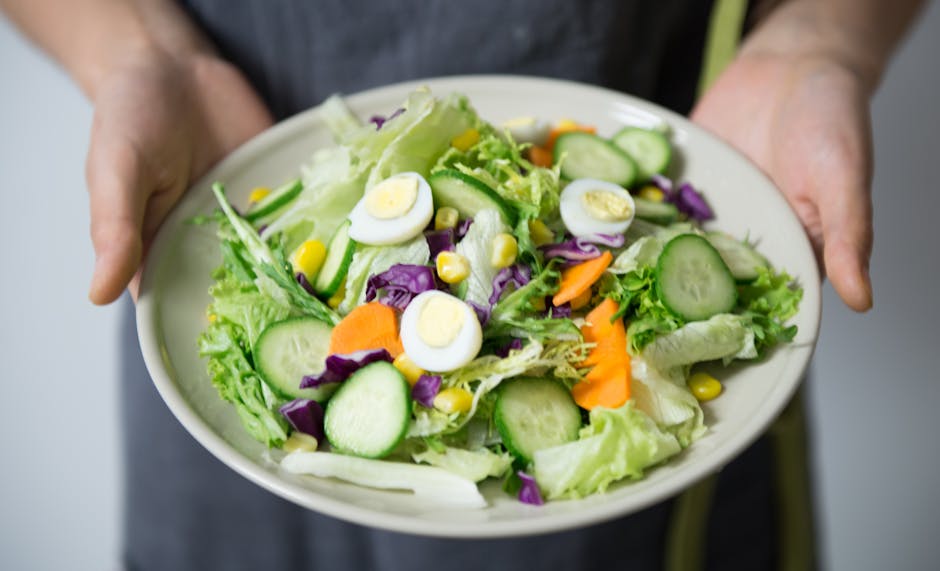Losing weight can be a challenging endeavor, but it is possible with the right approach. One of the most important factors in successful weight loss is adopting a balanced and healthy diet. Here's a comprehensive guide to help you create a sustainable diet plan that supports your weight loss goals.
**Understanding Calories and Macronutrients**
Calories are units of energy that the body derives from food. To lose weight, you need to consume fewer calories than you burn. Macronutrients, which include carbohydrates, proteins, and fats, are essential for providing your body with energy and nutrients. Each gram of carbohydrate contains 4 calories, each gram of protein contains 4 calories, and each gram of fat contains 9 calories.
**Carbohydrates: The Body's Primary Energy Source**
Carbohydrates are the primary energy source for the body. Whole grains, fruits, and vegetables are excellent sources of complex carbohydrates that provide sustained energy and promote satiety. Choose whole grains over refined grains, as they are richer in fiber and nutrients.
**Proteins: Essential for Building and Repairing Tissues**
Proteins are essential for building and repairing tissues, including muscles, bones, and skin. Lean meats, poultry, fish, beans, and tofu are good sources of protein. Aim to consume 0.8 to 1 gram of protein per kilogram of body weight daily.
**Fats: A Vital Source of Energy and Hormones**
Fats are a vital source of energy and hormone production. Healthy fats, such as those found in avocados, nuts, seeds, and olive oil, can help promote satiety and reduce inflammation. Limit your intake of saturated and trans fats, which can contribute to heart disease.
**Fruits and Vegetables: Nutrient-Rich Powerhouses**
Fruits and vegetables are nutrient-rich powerhouses that provide essential vitamins, minerals, and antioxidants. Aim to consume at least five servings of fruits and vegetables daily. Choose a variety of colors and types to ensure a wide range of nutrients.
**Hydration: An Essential Element**
Drinking plenty of water is crucial for weight loss. Water helps suppress appetite, boost metabolism, and flush out toxins. Aim to drink eight glasses of water per day, especially before meals and when exercising.
**Meal Planning and Preparation**
Meal planning and preparation are essential for success. Plan your meals ahead of time to avoid unhealthy choices when you're hungry. Cook meals at home whenever possible to control ingredients and portion sizes.
**Mindful Eating: Connecting with Your Food**
Mindful eating involves paying attention to your food and eating slowly. This practice can help you become aware of hunger cues, avoid overeating, and appreciate the food you consume.
**Dietary Changes: Gradual and Sustainable**
Making drastic dietary changes can be overwhelming and unsustainable. Start by making gradual changes, such as reducing portion sizes, cutting out sugary drinks, or adding more fruits and vegetables to your meals. As you progress, you can further refine your diet for optimal results.
Remember, weight loss is a journey that requires consistency and commitment. By adopting a balanced diet that meets your individual needs and lifestyle, you can achieve your weight loss goals while improving your overall health and well-being.

